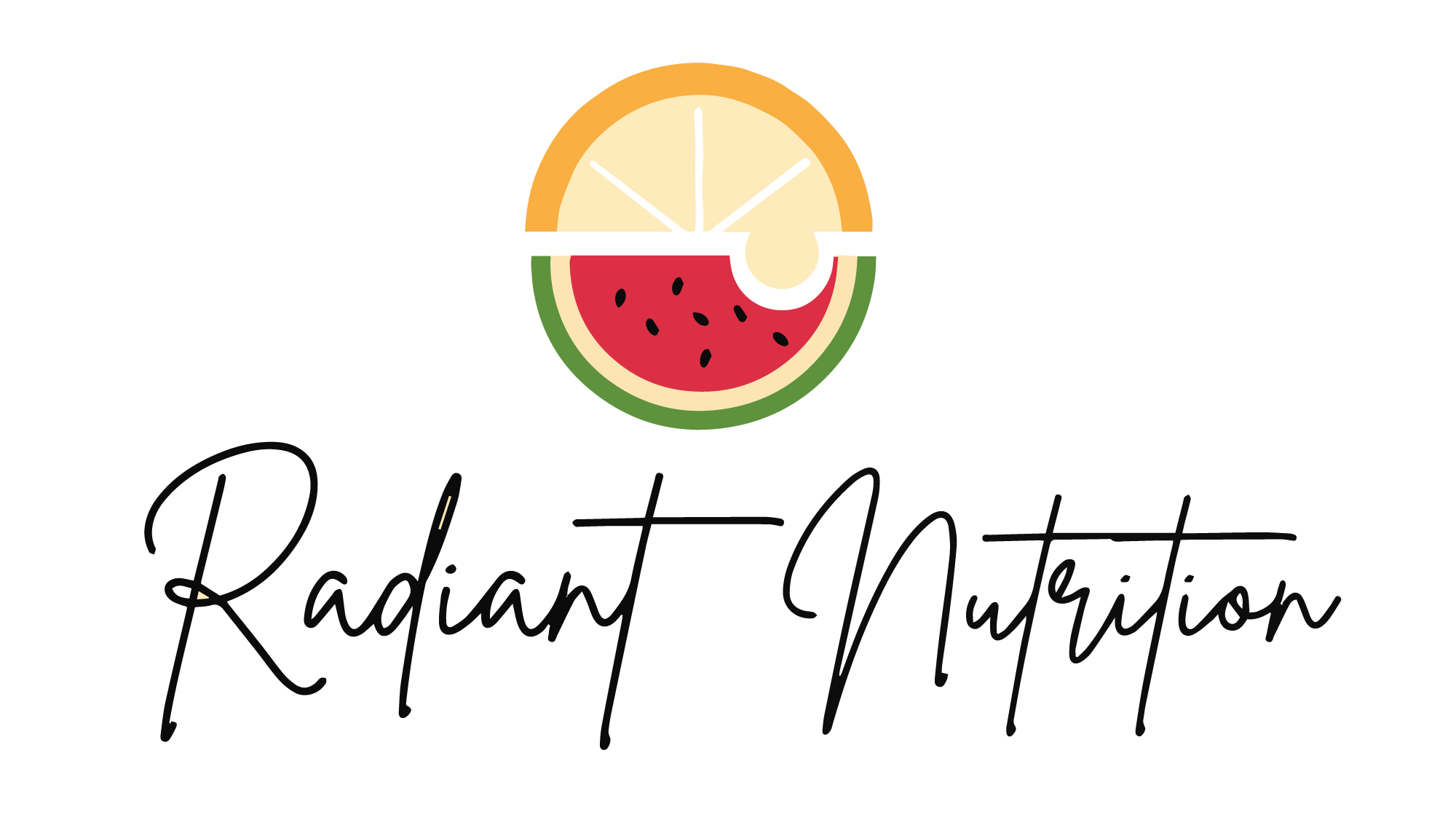Hunger. What is it telling me?
There are several reasons why we may feel hunger and each type can tell us something unique about our body’s needs and our emotional state. I am only highlighting three today, but I will revisit this topic in the future to continue the conversation about hunger and the reasons we eat.
The first type is biological hunger.
Biological hunger can be experienced in different ways, with your body sending sensations from many areas of your body. This often varies from person to person and these experiences can be different as well. Signs of hunger can include (but are not limited to): mild gurgling, gnawing feeling in the stomach, growling, lightheadedness, trouble concentrating, feeling “hangry”, feeling faint/shaky/weak, headaches, or increased thoughts about food. The only way to remedy these symptoms is of course, to eat!
Second, is mouth hunger.
This type of hunger is correlated to a craving involving the sensory parts of our mouth. For instance we may find ourselves craving a certain feature of food or even an experience with food (i.e. eating something salty, sweet, creamy, or crunchy). This type of hunger in not dependent on when you last ate and not connected to a biological need for food. Mindfulness is key here so you stay attuned and connected to your body while enjoying the food. If this feels out of control for you, please contact us for support.
Last, but not least is emotional hunger.
Emotional hunger involves eating to cope with uncomfortable feelings. We often experience this type of hunger when we are feeling intense emotiions. If fact, you may have heard it termed “emotional eating” . Emotional hunger can erupt rather quickly and it is generally associated with intense emotions related to environment experiences, memories, self talk, senses, etc. There are many emotional triggers for eating such as anxiety, boredom, emptiness, excitement, frustration, or stress. In turn, these emotions may drive you to use food for comfort, security, something to do, emotional release, or fun. If you are consistently turning to food to cope it may be beneficial to contact a registered dietitian and/or ED therapist to work on developing a better relationship with food.

